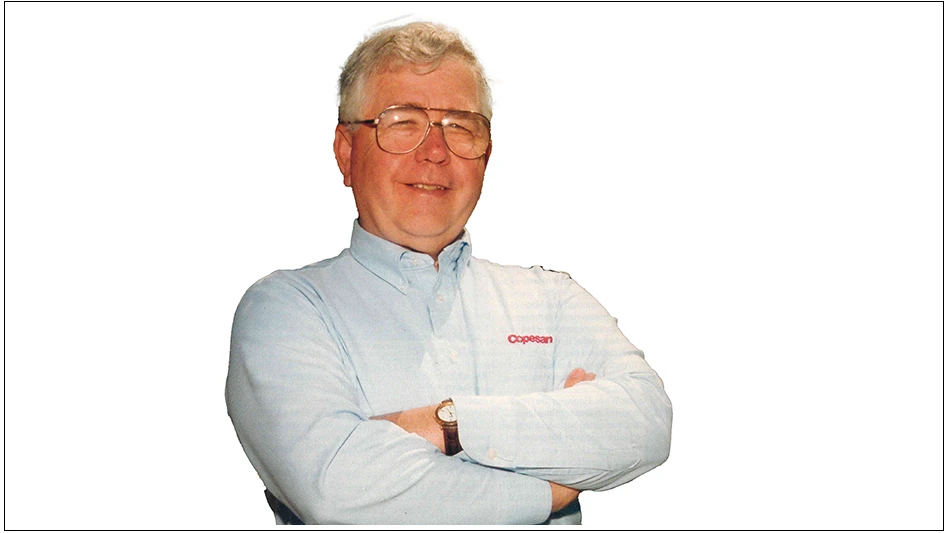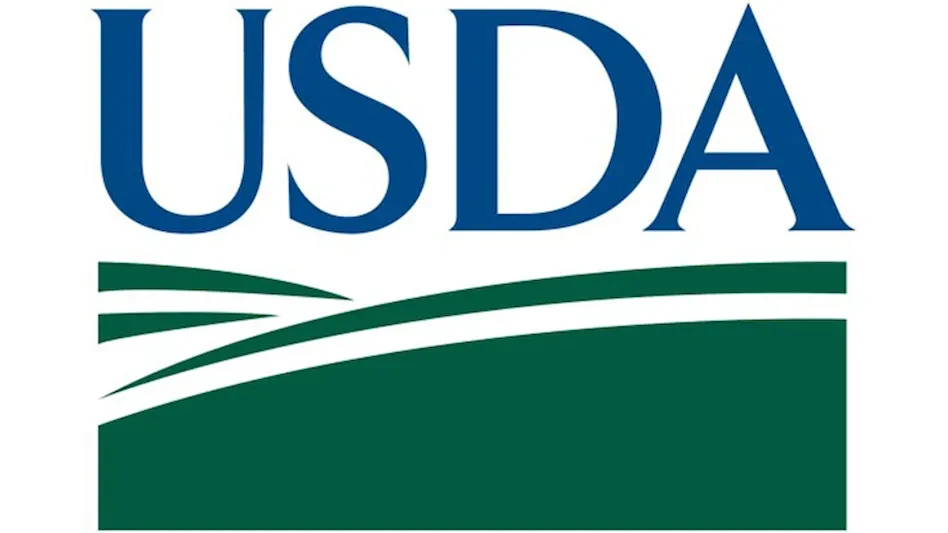|
Is Your Senior Site Manager Committed? To gauge the commitment of your senior site manager, take this short quiz. (Score one point for every true statement):
|
One of the common messages I hear from companies that have obtained certification to one of the GFSI-benchmarked schemes is that they have improved management commitment. This can be a hard thing to measure and you may not know exactly what level of commitment is present. Here are some thoughts to help you determine the level of management commitment your senior managers are demonstrating.
Time seems to be the most valuable resource in today’s busy world and work environment. Senior managers who are committed to food product integrity (food safety, quality, and legality) will dedicate a significant portion of their time to being directly involved in issues related to product integrity. This includes active involvement on the HACCP, self-inspection, internal audit, and food defense teams. In most instances, information received about the product and food safety programs is not secondhand. These leaders are on the production floor daily, observing the process and talking with employees.
What follows naturally from a senior manager’s close involvement in product integrity programs is a willingness to provide resources to overcome obstacles. A committed manager recognizes the obstacles through time spent on the floor and involvement on key teams and works to provide solutions. These solutions may include providing for continuing education, purchasing new equipment, or adjusting schedules to allow needed time for support programs, such as sanitation and maintenance. Typically, a financial investment is made to solve problems. The ability to fit the budget to the food safety needs of the company is one of the unique authorities that senior managers have and this can make a significant impact, positive or negative, depending on how they exercise this authority.
In addition to giving their own time and arranging for resources, committed managers also have strong knowledge about food safety, quality, and legality. They are as knowledgeable about CCPs as about profit and loss statements. Strong leaders keep tabs on the latest regulatory trends, sit in during in-house training events, and have attended seminars on food safety.
While in most organizations the quality manager does not report to the senior site manager, in facilities with strong management commitment, the quality manager and senior site manager tend to be aligned on key issues, rather than entering into debates and negotiations regarding product holds and line shutdowns.
The author is Vice President, Food Safety Services Innovation, AIB International.
Latest from Quality Assurance & Food Safety
- Insects Limited Announces Leadership Changes, Promotions for Continued Growth
- ReposiTrak Welcomes 50 New Produce Suppliers to Food Traceability Network
- First Bird Flu Death Reported in United States
- FDA Issues Final Guidance on Action Levels for Lead in Processed Food Intended for Babies, Young Children
- Penn State Offers Course to Assist Food Processors in Controlling Listeria
- Tanzania Embraces One Health Approach to Enhance Food Safety and Trade
- FDA Releases Allergen, Food Safety and Plant-Based Alternative Labeling Guidance
- Bird Flu Suspected in Some Ohio Waterfowl





